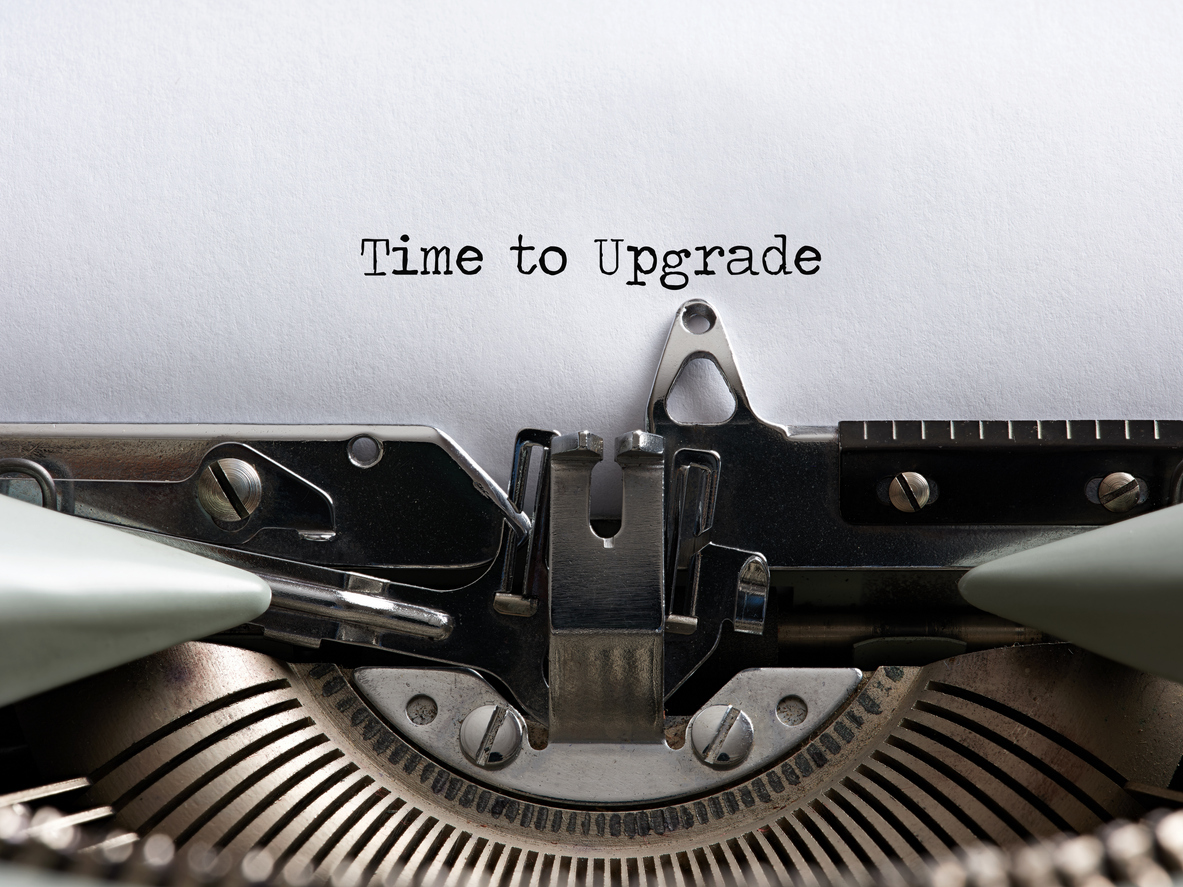In today’s healthcare landscape, a secular approach dominates the way we address patient care, focusing heavily on the scientific methods and psychological models we’ve all been trained in. While these methods, such as Prochaska’s Model of Change and Maslow’s Hierarchy of Needs, have become the backbone of modern medical practice, they reveal significant deficiencies when it comes to fostering long-term lifestyle changes.
In the typical medical setting, patients seek the expertise of healthcare providers who are viewed as educators, offering information and guidance on how to achieve better health. We follow a familiar pattern: patients present their concerns, we offer our professional opinion, and provide data that informs them about the necessary steps they need to take. Ideally, this information sparks a desire for change in the patient, leading to actions that, when repeated, form habits.
Habits, according to the secular model, are the ultimate goal in healthcare. The idea is that if a patient can transform these actions into habits, they will experience long-term success in managing their health. However, this approach has its limits. The secular model hinges on the assumption that willpower and self-discipline are sufficient to drive lasting change. But is this really the case?
Take, for example, the experience of a woman who successfully lost 100 pounds over a year. She displayed immense self-discipline, adopting new habits and sticking to them rigorously. Yet, within the following year, she regained all the weight, plus an additional five pounds. This outcome raises a critical question: if willpower and discipline were the keys to success, why did she revert to her previous state?
The problem lies not with her willpower but with the foundational assumption that willpower alone is enough to sustain change. The secular approach fails to account for the deeper, spiritual aspects of a person’s life that play a crucial role in long-term transformation. When patients are tested in profound ways, the limits of a purely secular approach become glaringly apparent.
Maslow’s Hierarchy of Needs, a key element in the secular approach, suggests that self-preservation is the strongest motivator for human behavior. But if that’s true, how do we explain a parent who runs into the road to save their child, fully aware that they will be hit and die in the process? According to the principle of self-preservation, this act of selfless and loving sacrifice would not be a good idea. Yet, many parents wouldn’t hesitate to risk their lives out of love for their children. This shows there is something deeper than self-preservation at play, something beyond the scientific model that we must consider. While self-preservation is indeed a powerful motivator, it is an incomplete explanation. Focusing solely on self and willpower as the drivers for change ignores the need for a higher purpose and deeper motivation, which are essential for sustaining people through life’s most challenging situations.
What is needed is an approach that goes beyond the secular model, one that integrates spiritual principles and addresses the whole person—mind, body, and spirit. This sacred approach to healthcare recognizes that true, lasting change is not merely a matter of habits or willpower but involves a transformation of character and a connection to a higher purpose.
Incorporating this sacred dimension into healthcare provides a more robust framework for patients, offering them not just the tools to change their habits but the spiritual strength to sustain those changes through life’s inevitable tests. It is this approach that can truly meet the needs of patients, providing a pathway to health that is holistic and enduring.
In conclusion, while the secular approach to healthcare has its merits, it falls short in achieving the long-term lifestyle changes that are essential for true health and well-being. By integrating a sacred approach, we can offer patients a more comprehensive, transformative path to health that addresses not just the body, but the soul as well.
If we were trained in and if we are practicing only a secular model of healthcare, we need something better!
The author invites you to comment on this article. Whether you agree or have a different perspective, please enter your comments in the space below.


Leave a Reply